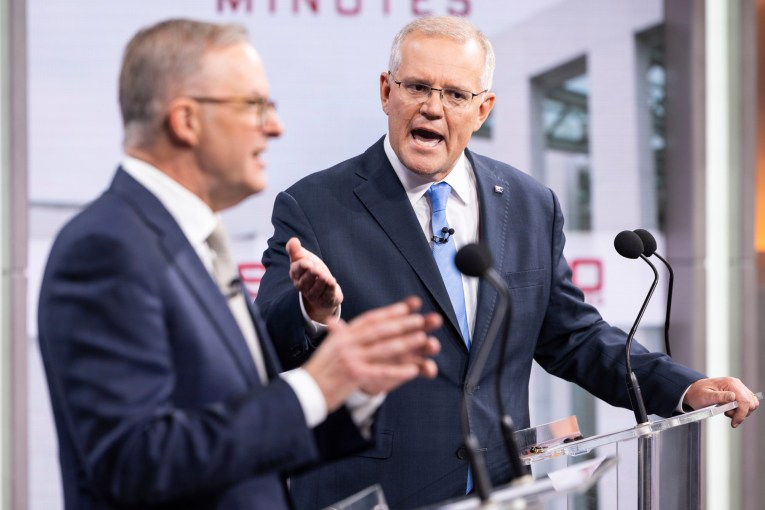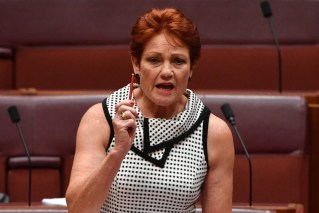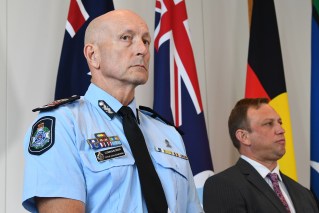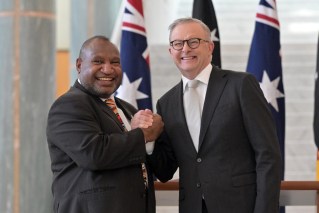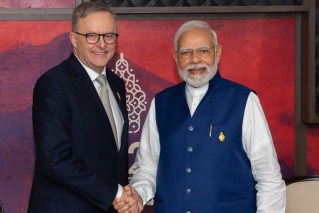World leaders sign up to Biden’s plan to slash emissions sooner
The United States and other countries have hiked their targets for slashing greenhouse gas emissions at a global climate summit hosted by President Joe Biden.
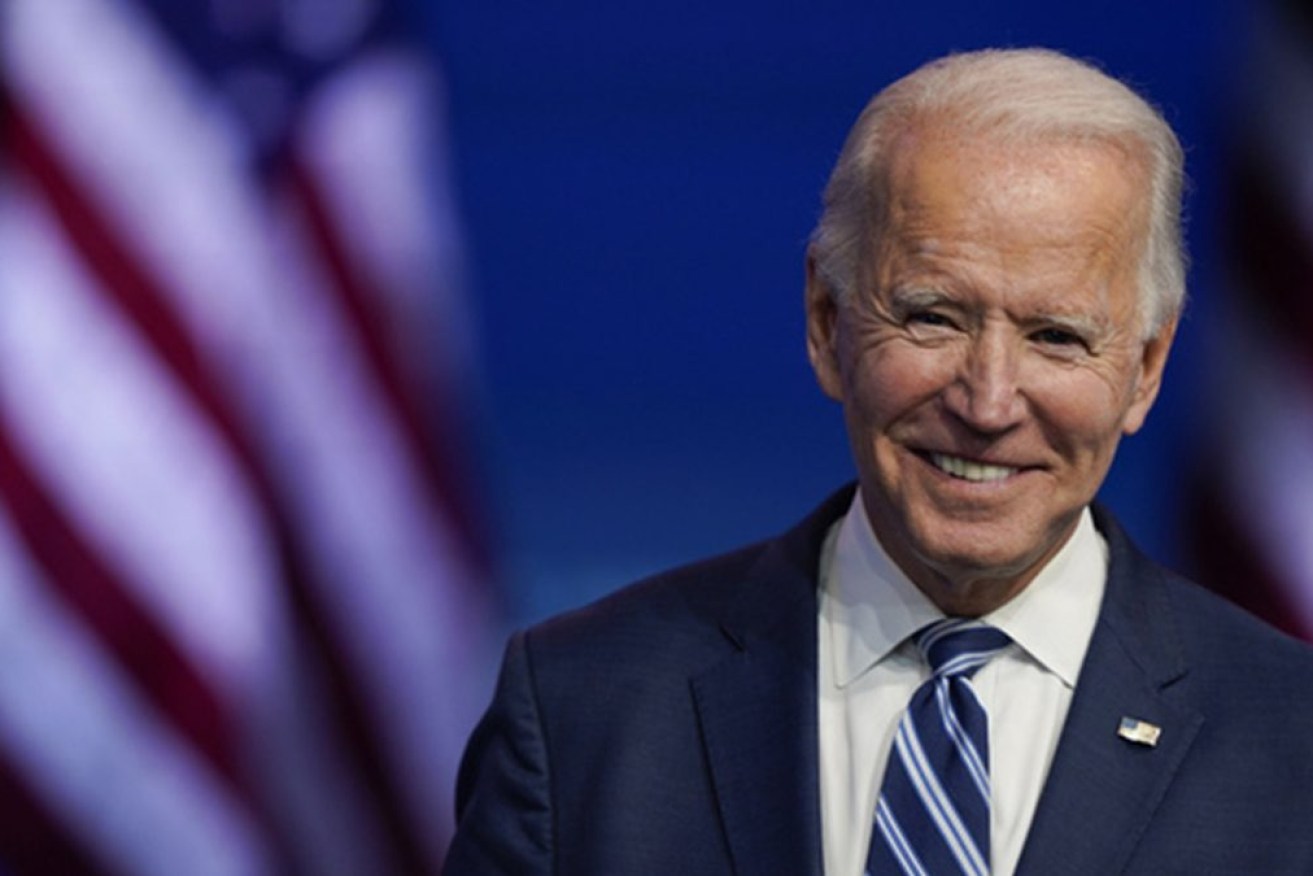
After weeks of negotiations, House Speaker Kevin McCarthy and US President Joe Biden forged a tentative agreement on raising the debt ceiling late on Saturday (Photo: ABC)
Biden unveiled the goal to cut emissions by 50-52 per cent from 2005 levels at the start of a two-day climate summit kicked off on Earth Day and attended virtually by leaders of 40 countries including big emitters China, India and Russia.
The US, the world’s second-leading emitter after China, seeks to reclaim global leadership in the fight against global warming after former president Donald Trump withdrew the country from international efforts to cut emissions.
“This is the decade we must make decisions that will avoid the worst consequences of the climate crisis,” Biden said at the White House.
UK Prime Minister Boris Johnson called the new US goal “game changing” as two other countries made new pledges.
Prime Minister Yoshihide Suga, who visited Biden at the White House this month, raised Japan’s target for cutting emissions to 46 per cent by 2030, up from 26 per cent.
Environmentalists wanted a pledge of at least 50 per cent while Japan’s powerful business lobby has pushed for policies that favour coal.
Australian Prime Minister Scott Morrison struck a different tone from many other leaders by saying that Australia was focused on the question of how it could reduce greenhouse emissions through technology rather than setting targets.
“Future generations will thank us not for what we have promised but for what we deliver and on that score Australia can be relied upon,” Morrison said.
“It’s right to speak to our ambitions at this summit, it’s also right to focus on performance.”
Canada’s Prime Minster Justin Trudeau, meanwhile, raised his country’s goal to a cut of 40-45 per cent by 2030 below 2005 levels, up from 30 per cent.
Brazil’s President Jair Bolsonaro announced his most ambitious environmental goal yet, saying the country would reach emissions neutrality by 2050, 10 years earlier than the previous goal.
Greenpeace UK’s head of climate, Kate Blagojevic, said the summit had more targets than an archery competition.
“Targets, on their own, won’t lead to emissions cuts,” she said.
“That takes real policy and money. And that’s where the whole world is still way off course.”
Most of the countries did not offer new emissions goals.
Chinese President Xi Jinping said China expects its carbon emissions to peak before 2030 and the country will achieve net zero emissions by 2060.
Xi said China will gradually reduce its coal use from 2025 to 2030.
China, a leader in producing technology for renewable energy like solar panels, burns large amounts of coal for electricity generation.
Russian President Vladimir Putin proposed giving preferential treatment for foreign investment in clean energy projects but also made an apparent reference to the US being historically the world’s top emitter.
“It is no secret that the conditions that facilitated global warming and associated problems go way back,” Putin said.
The US climate goal marks a milestone in Biden’s broader plan to decarbonise the US economy entirely by 2050 – an agenda the Democrat president says can create millions of good-paying jobs but which many Republicans say will damage the economy.
The US emissions cuts are expected to come from power plants, cars and other sectors across the economy.
Sector-specific goals will be laid out later this year.
The new US target nearly doubles former president Barack Obama’s pledge of an emissions cut of 26-28 per cent below 2005 levels by 2025.
The summit is the first in a string of meetings of world leaders – including the G7 and G20 – ahead of annual UN climate talks in November in Scotland.
That serves as the deadline for nearly 200 countries to update their climate pledges under the Paris agreement, an international accord set in 2015.
Leaders of small island countries vulnerable to rising seas, like Antigua and Barbuda and the Marshall Islands, also spoke at the summit.
World leaders aim to limit global warming to 1.5C above pre-industrial levels, a threshold scientists say can prevent the worst impacts of climate change.
